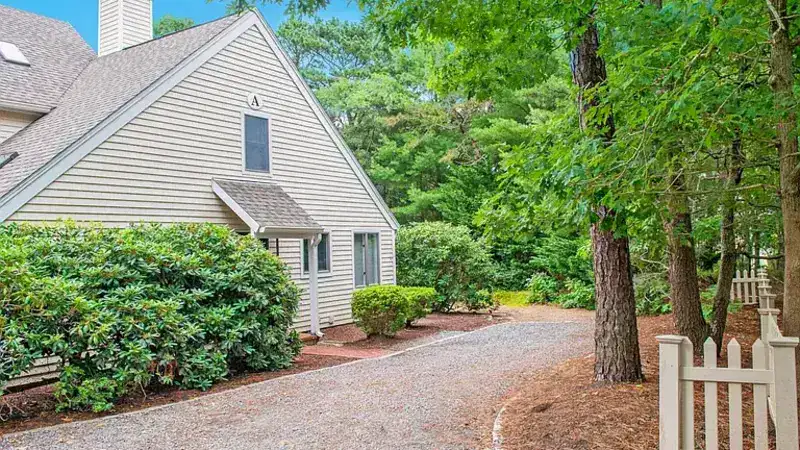Creating a realistic home search budget is a crucial step in the home-buying process. It involves considering various financial aspects to determine how much you can afford. Before diving into numbers, evaluate your current financial situation, including your savings, income, debts, and credit score. This baseline will help you understand what price range you can consider for a new home.
Initial Considerations
It’s important to consult with professionals familiar with the local real estate market. For instance, Coronado, CA real estate experts Team Shellback can provide invaluable insight into the local market dynamics, helping to set a realistic budget that aligns with your financial capability and market conditions.
Key Takeaways
- Consider all financial aspects including down payment, mortgage, and additional costs.
- Make adjustments based on your financial situation.
- Seek advice from experts to refine your budget.
Estimating Your Down Payment
The down payment is a significant upfront cost influencing your home search budget. Typically, it ranges from 5% to 20% of the home’s purchase price. Your mortgage amount and monthly payments may be lowered with a larger down payment. Determine how much you can put up for a down payment and take into account additional choices, such as help programs.
If you need help to reach the traditional 20% mark, research available resources that might offer financial assistance. According to CNBC, many first-time buyers leverage state and federal programs to help with this initial hurdle.

Understanding Your Mortgage
Securing a mortgage is another critical element of your home search budget. Start by getting pre-approved for a mortgage to know your borrowing capacity. Lenders typically recommend that your monthly mortgage payments are at most 28% of your gross monthly income. Use mortgage calculators to estimate your monthly payments based on interest rates and loan terms.
Consider how long you plan to stay in your new home, as this can influence your mortgage type.
Accounting for Additional Costs
Beyond the down payment and mortgage, numerous additional costs must be factored into your budget. These include closing costs, property taxes, homeowner’s insurance, and maintenance expenses. Closing costs can range from 2% to 5% of the home’s purchase price, covering fees for the loan application, appraisal, and title insurance.
Remember ongoing costs such as utilities, home repairs, and homeowner’s Association (HOA) fees. These recurring expenses can significantly impact your monthly budget, so planning for them in advance is wise.
Adjusting Your Budget
Review your initial budget after you have determined all possible expenses to see if any changes need to be made. Examine your expected spending limit for your house hunt about your available funds. It could be necessary to adjust your budget to a more reasonable range if your first expectations were too high.
To find homes within your budget, think about sacrificing some non-essential features or broadening your search location. You may find your ideal home and maintain financial stability at the same time by being flexible and having reasonable expectations.
Seeking Expert Advice
Setting a reasonable budget for your house search can be made much easier by speaking with real estate experts. They can help you navigate financial complexities, bargain on your behalf, and offer market information. Your budget planning can be improved by using professional resources to make sure it reflects current market trends.
You can also better navigate your financial landscape by getting counsel from financial consultants. They can help with debt management, credit score enhancement, and smarter savings tactics to help you reach your full home-buying potential.
